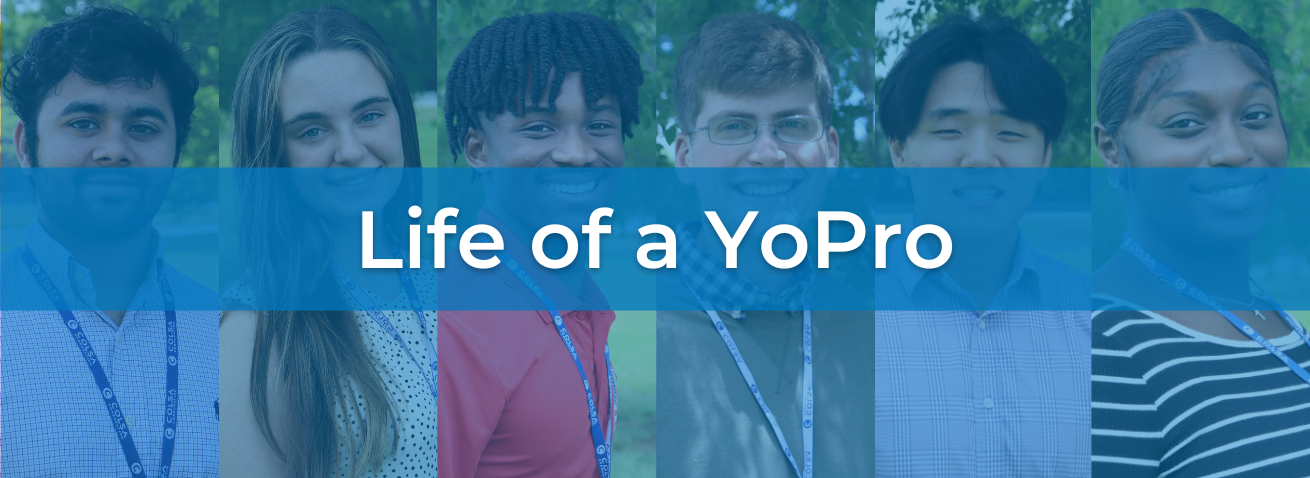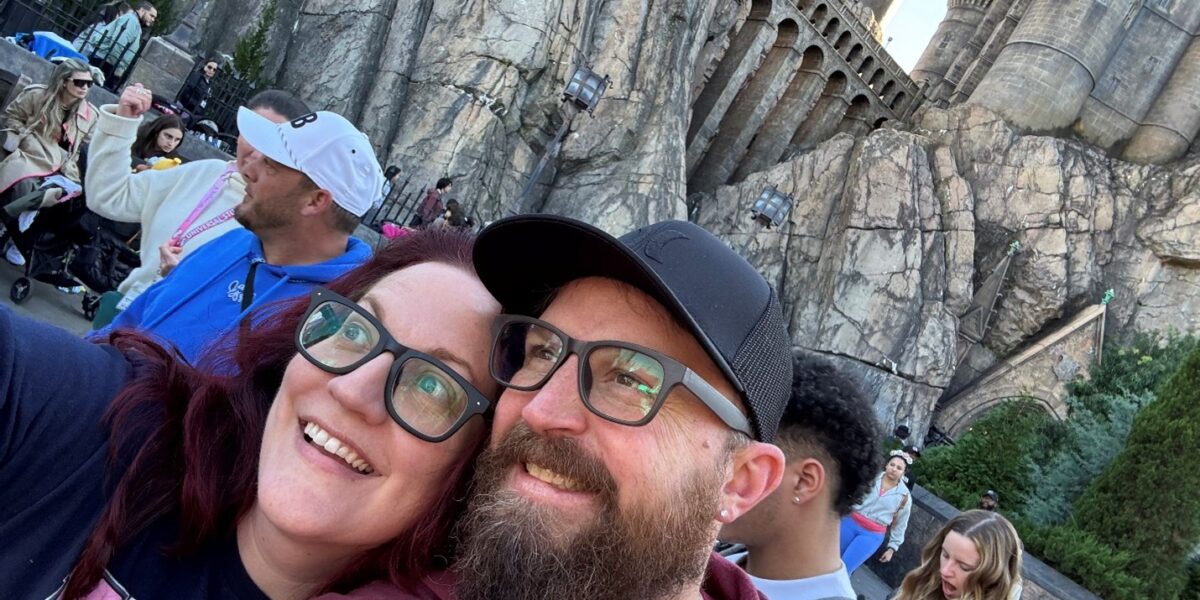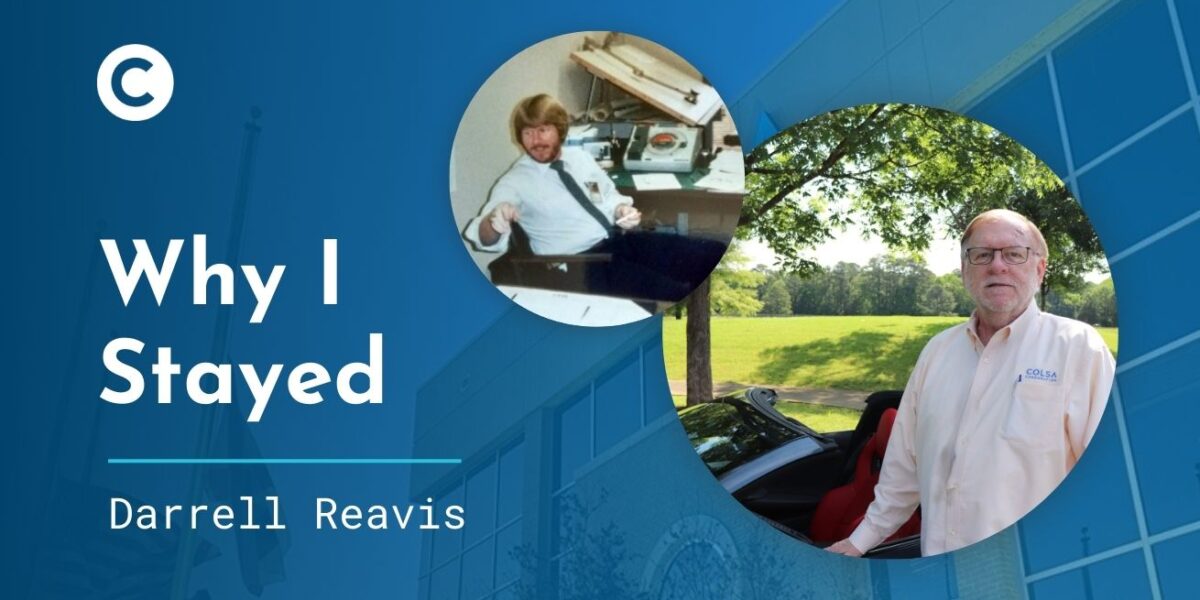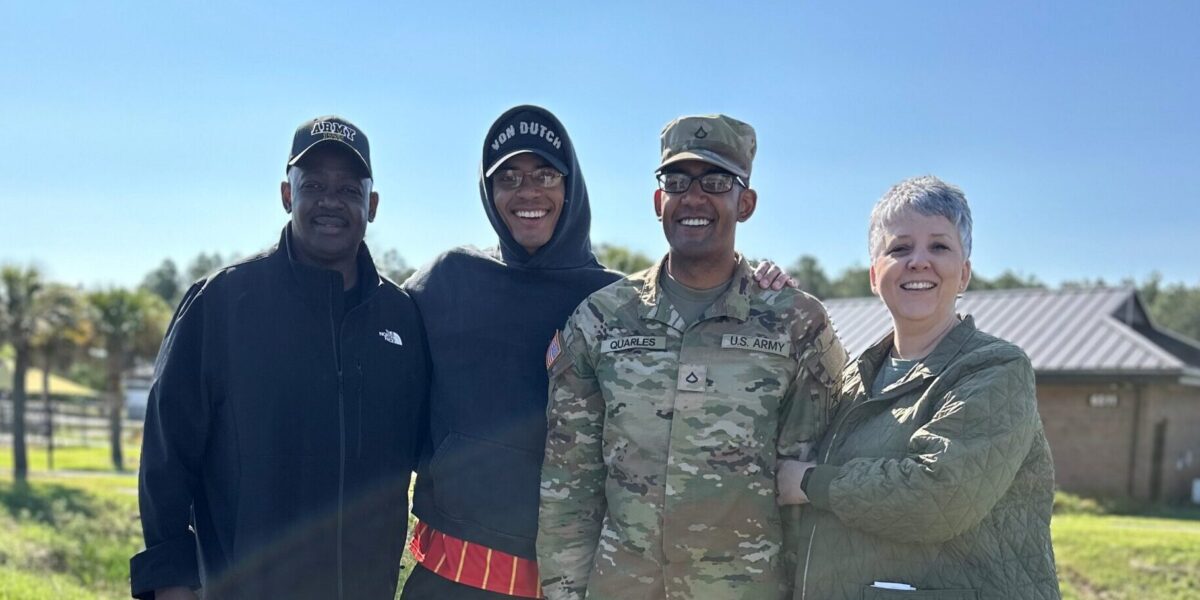Q: How did you come into your role at COLSA?
A: I found the System Analyst position while browsing Huntsville jobs. I was in Salt Lake City, Utah, after college with my parents but was eager to return to Huntsville. I saw the Systems Analyst opening and thought it would be fun to work for NASA and return to Huntsville. One of my former Scoutmasters, Carl Ellis, works as an engineer for COLSA on the same contract. When I applied, I let Carl know, and he kindly recommended me for the position. This August is my first anniversary with COLSA.
Q: What do you do for COLSA?
A: My title is Systems Analyst. But I refer to myself as a Grounds Systems analyst for ISS. International Space Station (ISS) communicates with a satellite network that relays the data to the satellite station in White Sands, New Mexico. The data comes from White Sands to Huntsville, where it is shipped worldwide. As a Systems Analyst, I help manage the data once it reaches White Sands and the connections afterward (once it reaches the ground). I work on Redstone Arsenal at the Marshall Space Flight Center (MSFC) in the Payload Operations and Integration Center (POIC) / Huntsville Operations Support Center (HOSC). The POIC oversees all the science operations and experiments on the ISS, while Houston is responsible for “flying” the ISS. As such, most of the data we work with is science data.
Q: How has your education set you up for work at COLSA?
A: I went to the University of Alabama in Huntsville, where I earned a bachelor’s in economics. Surprisingly, I feel my business degree has helped me support the ISS. Economics is all about complex systems and understanding how they work together. The thinking process transfers over to understanding data systems. Both are about looking at larger complex systems and breaking them into smaller, more manageable pieces. I often had to explain and communicate complex problems to fellow students during my education. I constantly troubleshoot issues with engineers, scientists, or co-workers, and communication is critical.
Q: How has COLSA fostered growth in your development as a young professional?
A: COLSA has provided me with a great environment to shape my career. My co-workers and managers encourage me to explore different aspects of the job to determine what I want my niche to be. They show me what I can become as a systems analyst after a few years of experience. I can move into a more specialized role and become an engineer. I can be a Crew Chief if I prefer a more leadership-oriented role. I can advance to a Ground Systems Controller if I enjoy real-time operations more. I am allowed to discover my strengths and make the best use of them instead of being shoe-horned into a role.
Q: How do you manage your work-life balance?
A: I am fortunate that it is hard to take work home in my job. Still, I set a rule for myself; when I am at work, I am at work. The converse is when I am at home; I am at home. At work, I focus on getting the tasks before me accomplished. Getting them done now prevents them from coming home with me later. If it’s the end of the day, and something is not finished, unless it is critical, it can wait till tomorrow morning. At home, I do not check work emails. I know if there is something from work that needs my immediate attention, my manager has my phone number and will reach me. Otherwise, it can wait till morning. As well, taking time to step away fully improves my work experience. By stepping away, I come in relaxed, refreshed, and recharged.
Q: What is your advice to the newest wave of young professionals?
A: Do not stop asking questions. Learn about every aspect of your job. “What skills are needed to be successful?” “What is the biggest pitfall in this area?” “Why do we do it this way and not that way?” “What do you enjoy about this career?” But do not be afraid to ask, “What do you dislike about this job?” No career path is perfect and knowing the rough edges helps to minimize them. Asking the questions helps improve your knowledge both technically and socially. Both are important. Questions help you figure out if you are on the right career path. Worst case scenario is that the questions reveal you are on the wrong career path; it is better to discover it now than 20 years later.




